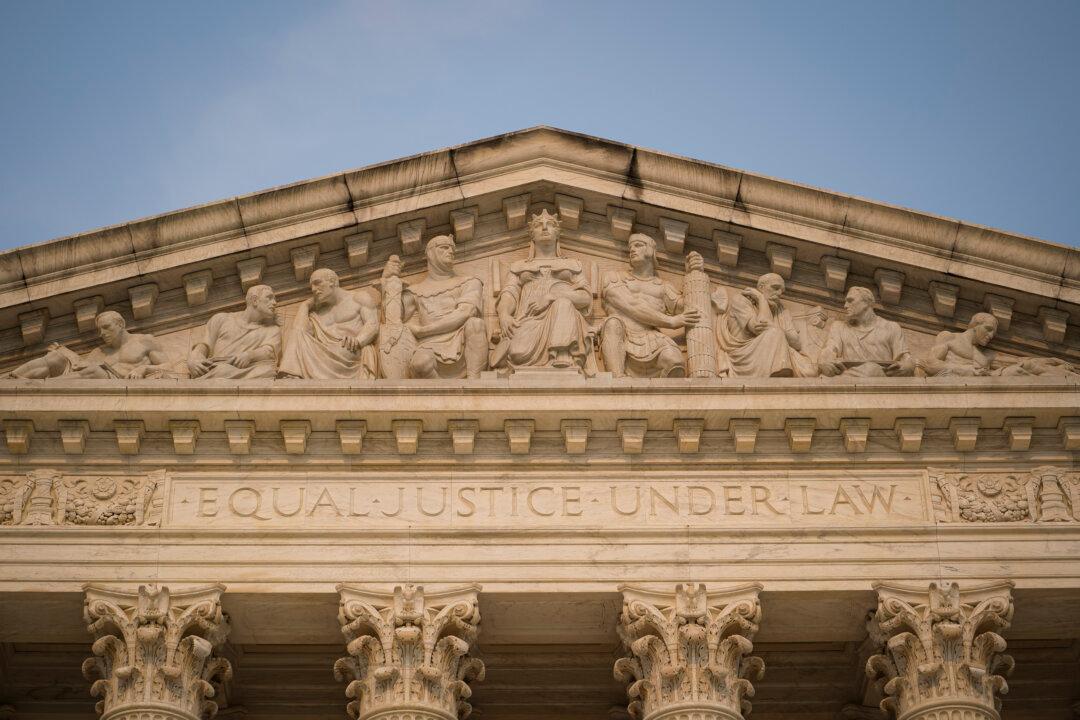Two Democrat representatives are pushing for term limits for U.S. Supreme Court justices amid the court’s latest rulings on affirmative action, student loan forgiveness, and more.
The court recently concluded its 2022 term by striking down race-based admissions in higher education, rejecting the Biden administration’s plans for student debt forgiveness, and ruling that web designers cannot be forced to create speech that contradicts their beliefs.





